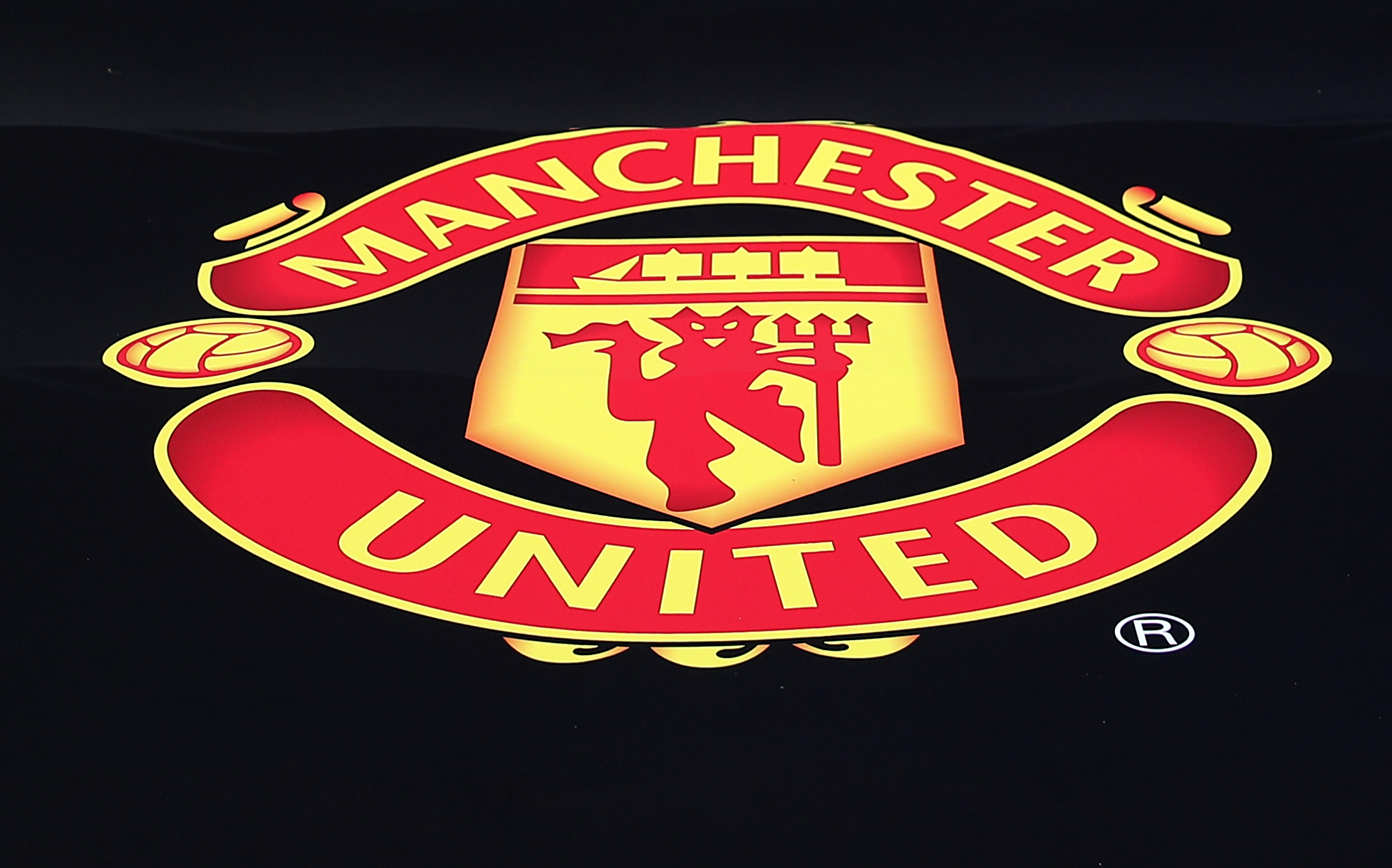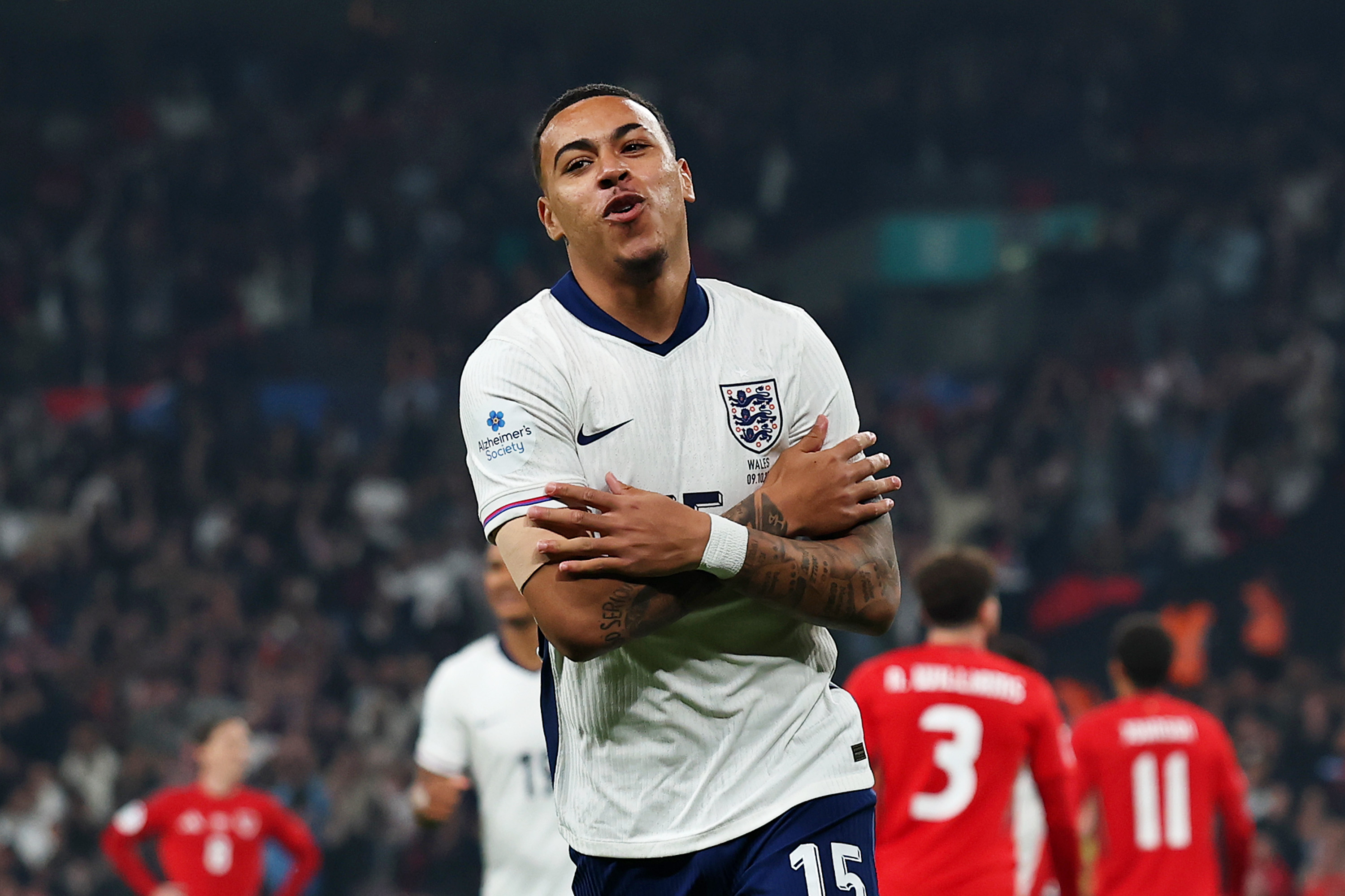Manchester United come out top in digital value survey of world’s football clubs

The best features, fun and footballing quizzes, straight to your inbox every week.
You are now subscribed
Your newsletter sign-up was successful
Want to add more newsletters?

Five times a week
FourFourTwo Daily
Fantastic football content straight to your inbox! From the latest transfer news, quizzes, videos, features and interviews with the biggest names in the game, plus lots more.

Once a week
...And it’s LIVE!
Sign up to our FREE live football newsletter, tracking all of the biggest games available to watch on the device of your choice. Never miss a kick-off!
Join the club
Get full access to premium articles, exclusive features and a growing list of member rewards.
Manchester United’s digital output has been judged to be the most valuable – projected at 106million euros, or over £90m, in 2021 – of any team in world sport.
The data is contained in a report published on Wednesday by Horizm, a company which helps rights holders track, value and monetise their social media assets.
It believes leagues and clubs are not yet realising the full potential of digital revenues they could earn, as other traditional markets such as matchday, merchandise and broadcast begin to decline or plateau.
United’s involvement in plans for a breakaway European Super League, combined with a long-standing distrust among some supporters of the club’s owners, the Glazer family, led to protests ahead of the match against Liverpool on May 2, which ultimately had to be called off.
Supporters’ groups vowed to hit the Glazers financially by boycotting United’s commercial partners, although co-chairman Joel Glazer has now accepted the need to “better communicate” with fans.
Horizm chief executive Pedro Mestriner believes fans are extremely conscious of the power they hold.
“Sport is business-related, but it is more than that,” he told the PA news agency.
The best features, fun and footballing quizzes, straight to your inbox every week.
“That’s why we love it. When I go to shop on Amazon, I have no relationship with them, but when you talk about my club, it’s different and that’s the beauty of sport.

“That’s why fans are very relevant in this case – to listen to what they request. Fans are smart enough to know it’s a business – to have nice stadiums and good players you need to have income, they understand this. But they don’t understand decisions that are totally contrary to the values of fans.
“Social media drives all communication but that’s why (clubs) not only need to drive content to keep them engaged but also, as you can see, the way to activate sponsorship is through these channels.”
Asked what would happen if fans were to turn away from the club on social media, Mestriner added: “It’s like the fans saying, ‘look, I’m turning off the TV now’. There would be a huge impact.
“That’s why (the owners) have realised over the last couple of weeks that the fans are important to hear.”
- Real Madrid: 244m
- Barcelona 235m
- Man Utd: 138m
Horizm put United’s social audience on Facebook, Instagram and Twitter at 138m – lower than Real Madrid and Barcelona, at 244m and 235m respectively.
However, their analysis suggests the greater quantity of output from United – and the engagement with that output – means the English club’s ‘digital inventory’ is more valuable.
Mestriner warns it is vital clubs across sport wake up to the earning potential of their digital channels.
“We are no longer reliant on a single audience tuning into a single platform and this has become even more pertinent for rights holders in today’s climate with Covid-19 disruption,” he said.
“Money no longer needs to be concentrated on TV, for example, but can be distributed much more widely. Sport can be packaged in different ways and there are new revenue opportunities being created.”
 Join The Club
Join The Club










